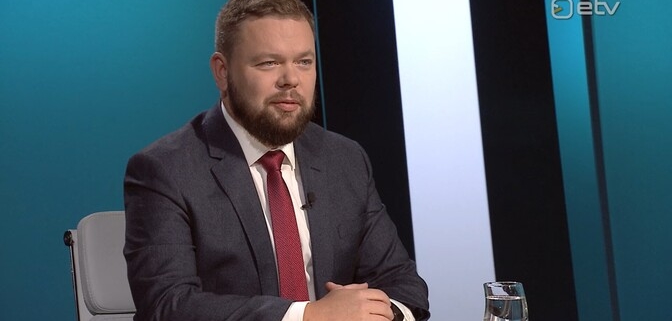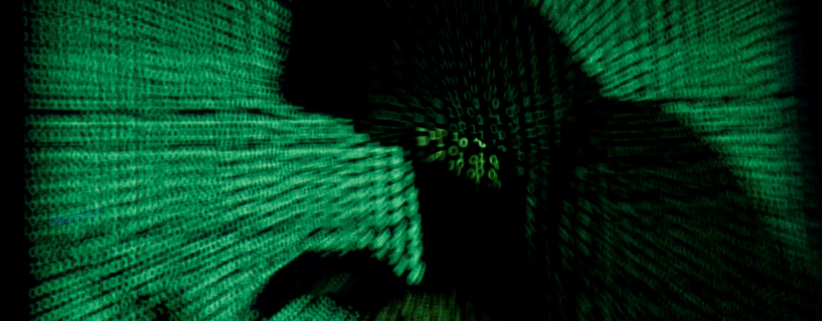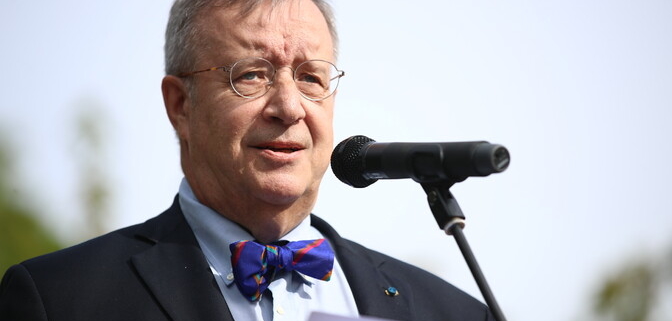How parents can foster ‘positive creativity’ in kids to make the world a better place | Opinion
Sareh Karami, Mississippi State University; Mehdi Ghahremani, Mississippi State University, and Robert Sternberg, Cornell University
Creativity involves the production of ideas that are both new and also useful or effective. This definition makes it sound as though creativity is quite positive. And often it is.
During the pandemic, creativity gave birth to new ways to work, attend school, tour museums, experience concerts and more – not to mention to develop vaccines and cutting-edge COVID-19 treatments.
As university professors who have collectively studied creativity for over 50 years, we know the many personal and social benefits of creativity.
But we also know that there is a dark side of creativity, too.
Cybercriminals, for example, used their creativity to take advantage of the disruption and fears caused by the pandemic to attack countries, businesses and institutions and steal personal information from people.
Or think about how hydroxychloroquine or ivermectin were promoted as COVID-19 treatments. Some people gained something from these novel treatment ideas – perhaps money, power or the prospect of reelection – but the drugs had no empirical support and people who took them may have bypassed drugs that could have actually helped them.
The point is, creativity is not always socially desirable. So, merely teaching kids to be creative does not cut it in the modern age. Here we offer tips for parents and caregivers on how to minimize the negative forms of creativity in children – and themselves – and foster positive creativity instead.
1. Identify the purpose of a new product or idea
Discuss with children the objectives of innovations – their own or ones they use in everday life. Assess the objectives not only for novelty and usefulness or meaningfulness, but also for how they contribute to the common good. Like criminal hacking, creativity can be used to benefit the inventor but harm other individuals. Hacking itself is not bad unless done with the wrong intention. Ethical hackers use their creativity to help companies locate weaknesses and vulnerabilities of their information systems by using the same skills and tactics of criminal hackers….



